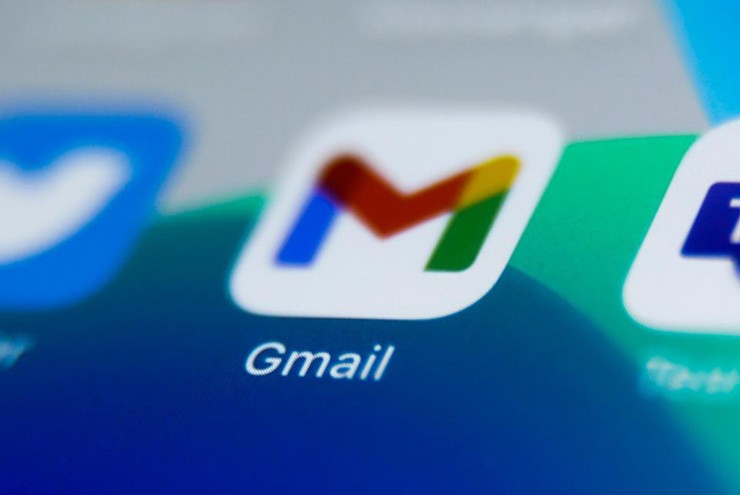FBI warns Gmail users
The rise of artificial intelligence (AI)-driven phishing attacks has put Gmail users at greater risk. To protect their personal data and avoid falling victim to these attacks, the Federal Bureau of Investigation (FBI) is warning users to take proactive measures.

Gmail phishing techniques are becoming increasingly sophisticated.
According to Hoxhunt's phishing trends report, AI-based phishing attacks have increased by 49% since the beginning of 2022. Not only are these attacks increasing in number, but they are also becoming more sophisticated, making them harder for traditional email filters to detect. Notably, even novice attackers are now able to create convincing fake websites and emails that can easily trick users into revealing sensitive information.
Of these, Gmail has become a prime target for cybercriminals due to its integration with Google services, where a large amount of personal data is stored. When a Gmail account is compromised, hackers can access a treasure trove of information, making it an attractive target. While users of other email platforms are also at risk, Gmail remains the primary target due to its popularity.
Cybercriminals can now easily carry out phishing attacks, says cybersecurity expert Adrianus Warmenhoven of Nord Security. He notes that 'phishing is easier than assembling pre-packaged furniture', with many users falling for it in less than 60 seconds. Thanks to AI tools, hackers don't need to be highly skilled to create convincing copies of trustworthy websites.
To protect your Gmail account from phishing attacks, the FBI recommends that users never click on links or open attachments in unsolicited emails or text messages. Even if the email appears to come from a trusted source, users should go directly to the website by typing the URL into their browser.

It all started with the advent of AI.
Additionally, users can take some additional security measures such as:
- Use a password manager: The tool will automatically fill in login information for valid websites, thereby helping to prevent entering information into phishing sites.
- Monitor your account regularly: Check your account for signs of unauthorized activity and take prompt action if anything looks suspicious.
- Turn on Two-Factor Authentication (2FA): This extra layer of security helps prevent hackers from accessing your account even if they get your password.
- Verify requests for personal information: Users should not respond to unsolicited requests for personal information and should verify the request by going directly to the Google account page.
With AI phishing attacks on the rise, even security experts are not completely immune. For example, a recent TechTimes report in October 2024 showed that an expert was almost fooled by an AI phishing call targeting a Gmail account. Therefore, it is necessary to be vigilant and take security measures to protect personal information.